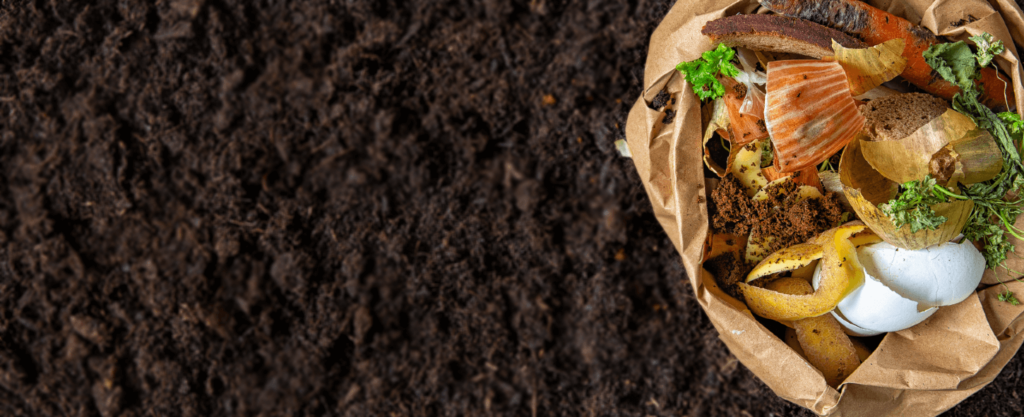Home – Case Studies – Developing a Cost Benefit Analysis Tool for WRAP
Developing a Cost Benefit Analysis Tool for WRAP

Home – Case Studies – Developing a Cost Benefit Analysis Tool for WRAP

Design and develop a Cost Benefit Analysis tool for food waste recycling interventions.
User-friendly Cost Benefit Analysis tool used by WRAP and London authorities.

WRAP trials have proven that low-cost intervention measures, such as using bin stickers, information leaflets and caddy liners, can increase the amount of household food waste collected for recycling. With this in mind, WRAP’s goal was to produce a Cost Benefit Analysis (CBA) tool that would be available to local authorities (LAs) and Anaerobic Digesters (AD) plant operators – the tool would conduct a Cost Benefit Analysis of implementing these interventions under the local circumstances of the user, and consider three contract mechanisms that could be used to fund the interventions, i.e. cost sharing of intervention costs, energy profit sharing and variable gate fees.
Anthesis was commissioned by WRAP to develop the CBA tool for use by LAs and AD operators. Firstly, our team liaised with a number of LAs and AD operators to understand their experiences of:
Using the information obtained from this engagement, and our own understanding of food waste contract arrangements and AD operational costs, we developed the CBA tool. The tool was then tested by a number of LAs and AD operators, from whom we gathered feedback that was incorporated into the final design.
An easy to use CBA tool, which uses locally-generated information about the collection and treatment of food waste to generate a fully bespoke assessment. The tool is downloadable from the WRAP website.